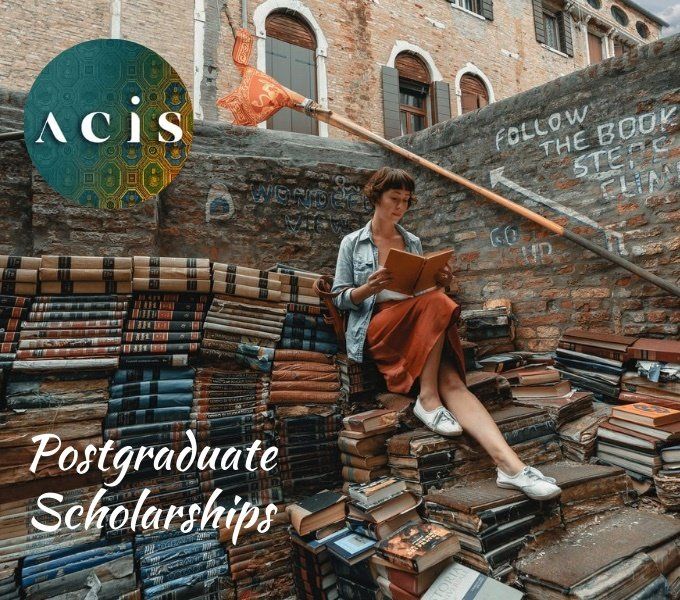Lucrezia Marinella’s ‘Essortationi alle donne et a gli altri’: construction of an early modern self
Amy Sinclair University of Melbourne
The concept of self-fashioning has developed into an important area of Renaissance scholarship, yet rarely has it been considered in gendered terms. Most research has focused on analysing male-authored texts for insights into shifting perceptions of the self and identity.  My aim is to contribute to this important discussion by introducing a Renaissance woman’s voice into the conversation through an examination of Lucrezia Marinella’s 17 th
century conduct book, Essortationi alle donne et a gli altri, se a loro saranno a grado
(1645). Specifically, I’m interested in exploring what the work can tell us about Renaissance self-fashioning by analyzing the construction and representation of self in discourse and the role of gender in these processes. I also analyse the way in which Marinella uses personal pronouns and the language of self-reference to understand how discourses make manifest and shape that identity construction process. And, to identify what is individual and what is general, I locate her work in the context of a corpus of approximately 50 excerpts from the conduct literature of the period.
My aim is to contribute to this important discussion by introducing a Renaissance woman’s voice into the conversation through an examination of Lucrezia Marinella’s 17 th
century conduct book, Essortationi alle donne et a gli altri, se a loro saranno a grado
(1645). Specifically, I’m interested in exploring what the work can tell us about Renaissance self-fashioning by analyzing the construction and representation of self in discourse and the role of gender in these processes. I also analyse the way in which Marinella uses personal pronouns and the language of self-reference to understand how discourses make manifest and shape that identity construction process. And, to identify what is individual and what is general, I locate her work in the context of a corpus of approximately 50 excerpts from the conduct literature of the period.
The Essortationi situates itself as a conduct book concerning matters relating to the family and the household. At its heart are questions relating to women’s capacities and roles in both the domestic and public spheres. The proliferation in the Renaissance of conduct literature reflects an increasing consciousness of the malleability of identity, of the capacity for one’s identity to be ‘fashioned.’ Renaissance conduct literature is predicated on the notion that individuals can be produced. Marinella’s Essortationi thus participates in a long tradition of literature which sought to exert influence over the shaping of Renaissance selves. As a female-authored contribution to this male-dominated genre, Marinella’s text disrupts the traditional one-way process of patriarchal construction of women’s identities. Marinella demonstrates her capacity to be the ‘shaper’ rather than the ‘shaped.’
LUCREZIA MARINELLA (1571-1653)
However the Essortationi is also a contradictory and ambiguous text which resists straightforward interpretation. Marinella ostensibly advises her (primarily) women readers to practise seclusion and silence, modesty in dress and ornamentation, and to reject learning and literature in favour of domestic pursuits. Yet alongside this advice are arguments to do the contrary. I argue that the contradiction and equivocation in the Essortationi serves three main purposes. First, it serves to obliquely undermine the misogynistic commonplaces and dogma Marinella ostensibly promotes. In doing so, she challenges the patriarchal underpinnings of discourses on the ‘fashioning’ of women’s identities. Second, this characteristic of the text makes it impossible for the reader simply to heed the author’s advice and follow her prescriptions. Instead, Marinella invites her female readers to engage with the contradictory advice she presents and decide for themselves, to reclaim greater agency and independence in the construction of their identities. Third, in advising one thing before advising the opposite, Marinella constructs a multifaceted authorial persona which resists definition. The equivocation in her self-representation reflects a concerted effort to resist being defined and to exercise her capacity to fashion, indeed fabricate, her own identity.
In the literary and academic milieu within which Marinella wrote her Essortationi in mid-Seicento Venice, duplicitous discourses and authorial equivocation abound. Research conducted in the Biblioteca Marciana in Venice and the Biblioteca Nazionale Centrale di Firenze (thanks to a Cassamarca Scholarship) enabled me to get a sense for this particular literary trend, particularly as it appeared in works associated with the Accademia degli Incogniti – an academy with which Marinella had some affiliation. I argue that Marinella’s engagement in the Essortationi with this literary trend suggests that, like her male contemporaries, the letterata was interested in experimenting with the relationship between discourse and identity and the potential for discourse to facilitate the construction/fabrication of varied and multifaceted identities.
At a time when women were still considered by many as inanimate, inert, incapable of thought and requiring of ‘shaping’ by men – sentiments heavily represented in conduct literature of the period – Marinella’s engagement with questions of identity and self-fashioning in her writing is inherently a political act. I believe that the Essortationi reflect her life-long commitment to using discourse as a locus and means for the contestation of prescribed gender identities – an early modern woman making use of the pen to challenge the sword of the patriarchal status quo.
Share this:
- Share on Tumblr
- </div></li><li class="share-end"/><li class="share-reddit"><div class="reddit_button"><iframe src="https://www.reddit.com/static/button/button1.html?newwindow=true&width=120&url=https%3A%2F%2Facis.org.au%2F2013%2F06%2F30%2Flucrezia-marinellas-essortationi-alle-donne-et-a-gli-altri-construction-of-an-early-modern-self%2F&title=Lucrezia%20Marinella%E2%80%99s%20%27Essortationi%20alle%20donne%20et%20a%20gli%20altri%27%3A%20construction%20of%20an%20early%20modern%20self" height="22" width="120" scrolling="no" frameborder="0"/></div></li><li class="share-end"/></ul></div></div></div></div></div> <div id="jp-relatedposts" class="jp-relatedposts"> <h3 class="jp-relatedposts-headline"><em>Related</em></h3> </div></div> </div>









